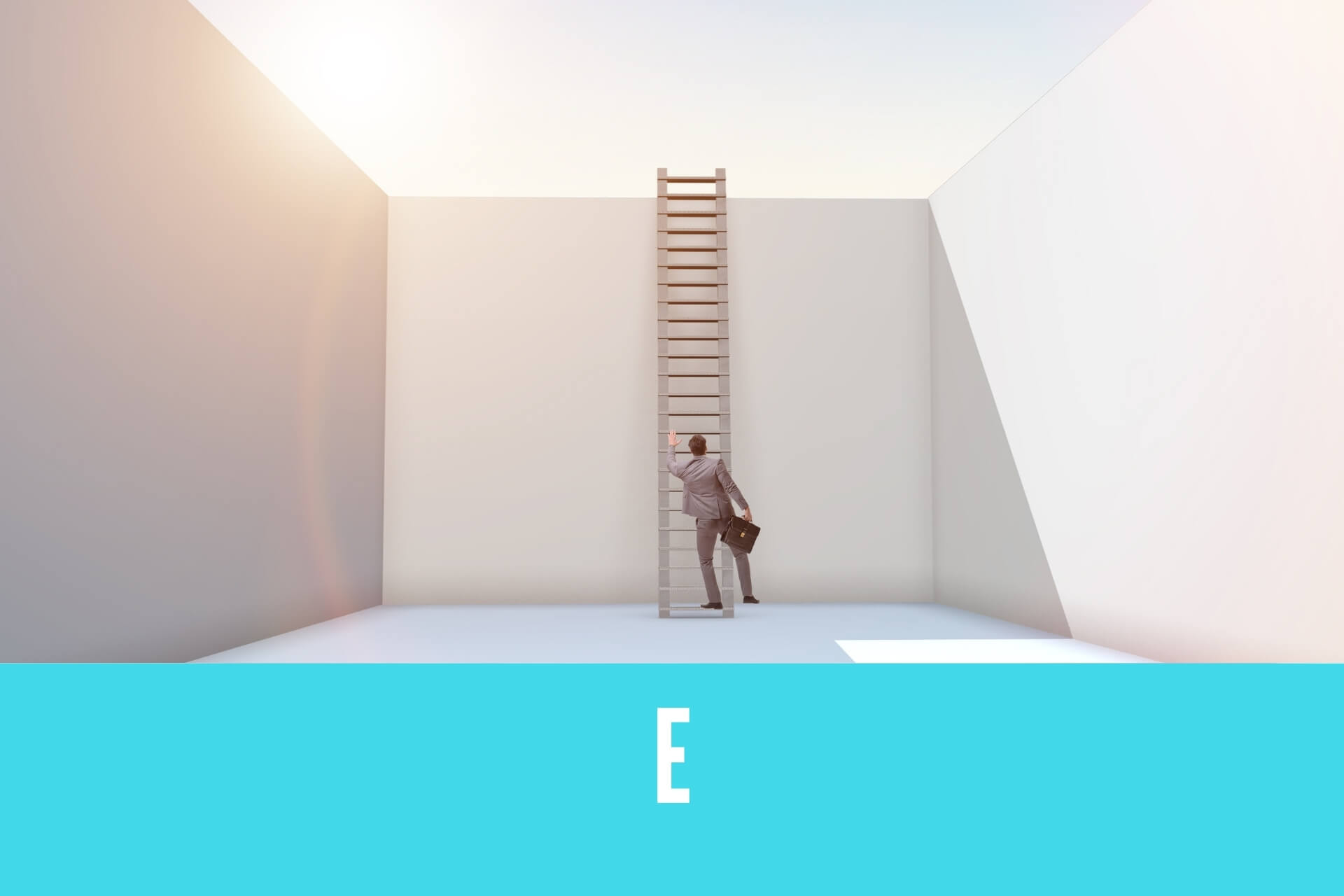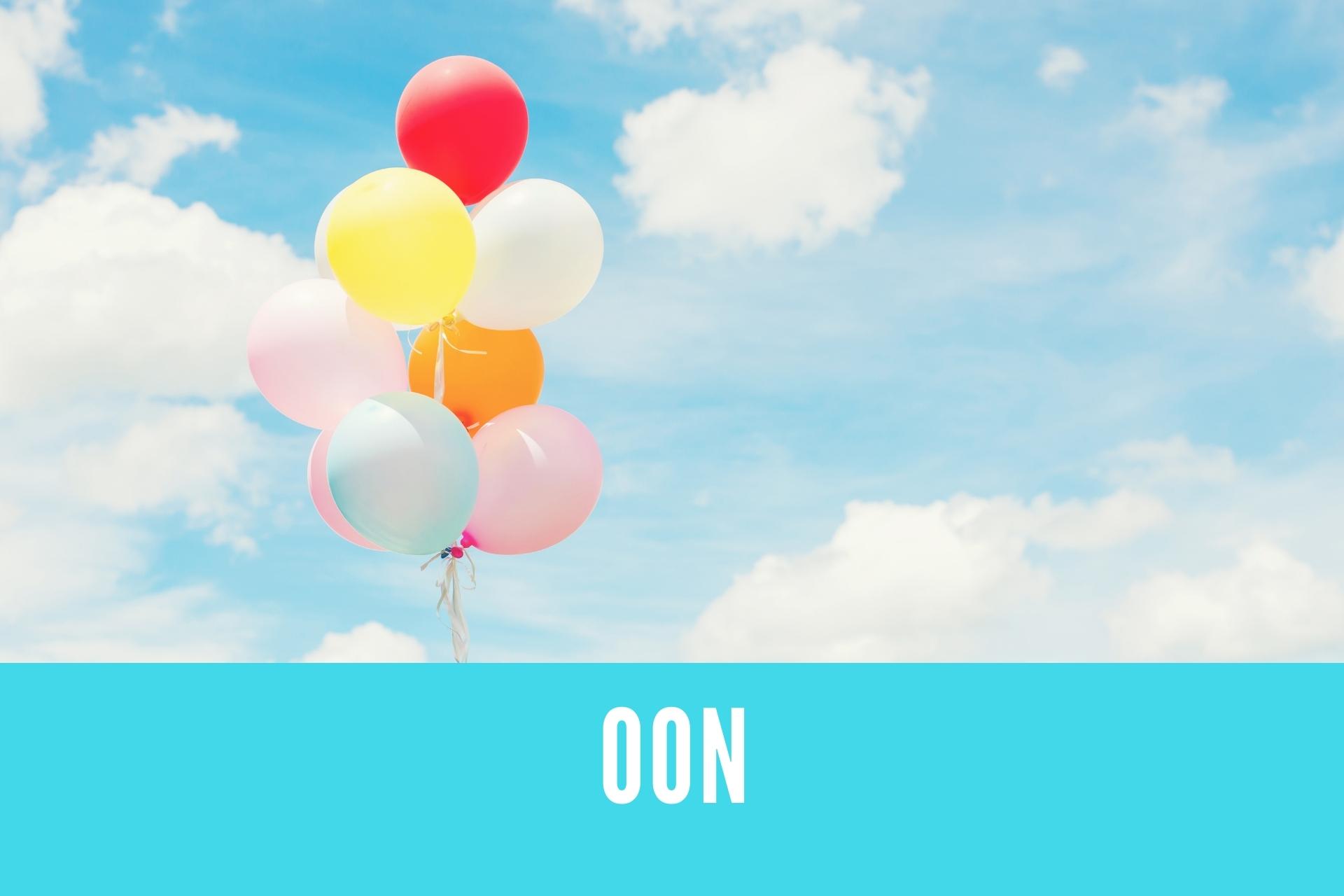【英語語源】「sub」 Answer Key

こちらは、英語語源「sub」のAnswer Keyです。
インプットできたら、フラッシュカードへどうぞ。
- Answer Key
- subway【ˈsʌbweɪ】
- subtitle【ˈsʌbtaɪtl】
- suburb【ˈsʌbɜːrb】
- subconscious【ˌsʌbˈkɑːnʃəs】
- substitute【ˈsʌbstɪtuːt】
- subject【ˈsʌbdʒɪkt】
- submarine【ˌsʌbməˈriːn】
- submerge【səbˈmɜːrdʒ】
- submit【səbˈmɪt】
- subscribe【səbˈskraɪb】
- subsidy【ˈsʌbsədi】
- substance【ˈsʌbstəns】
- subcontract【ˌsʌbˈkɑːntrækt】
- subtract【səbˈtrækt】
- succeed【səkˈsiːd】
- suggest【səˈdʒest】
- supply【səˈplaɪ】
- support【səˈpɔːrt】
- suppose【səˈpəʊz】
- suppress【səˈpres】
- suspect【səˈspekt】
- suspend【səˈspend】
- sustain【səˈsteɪn】
- sufficient【səˈfɪʃnt】
- suffer【ˈsʌfər】
- subway【ˈsʌbweɪ】
Answer Key
subway【ˈsʌbweɪ】

:an underground railway system in a city
地下鉄
▶︎「sub」は「下に」の意味です。
▶︎【sub(下に)】+【way(道)】
subtitle【ˈsʌbtaɪtl】
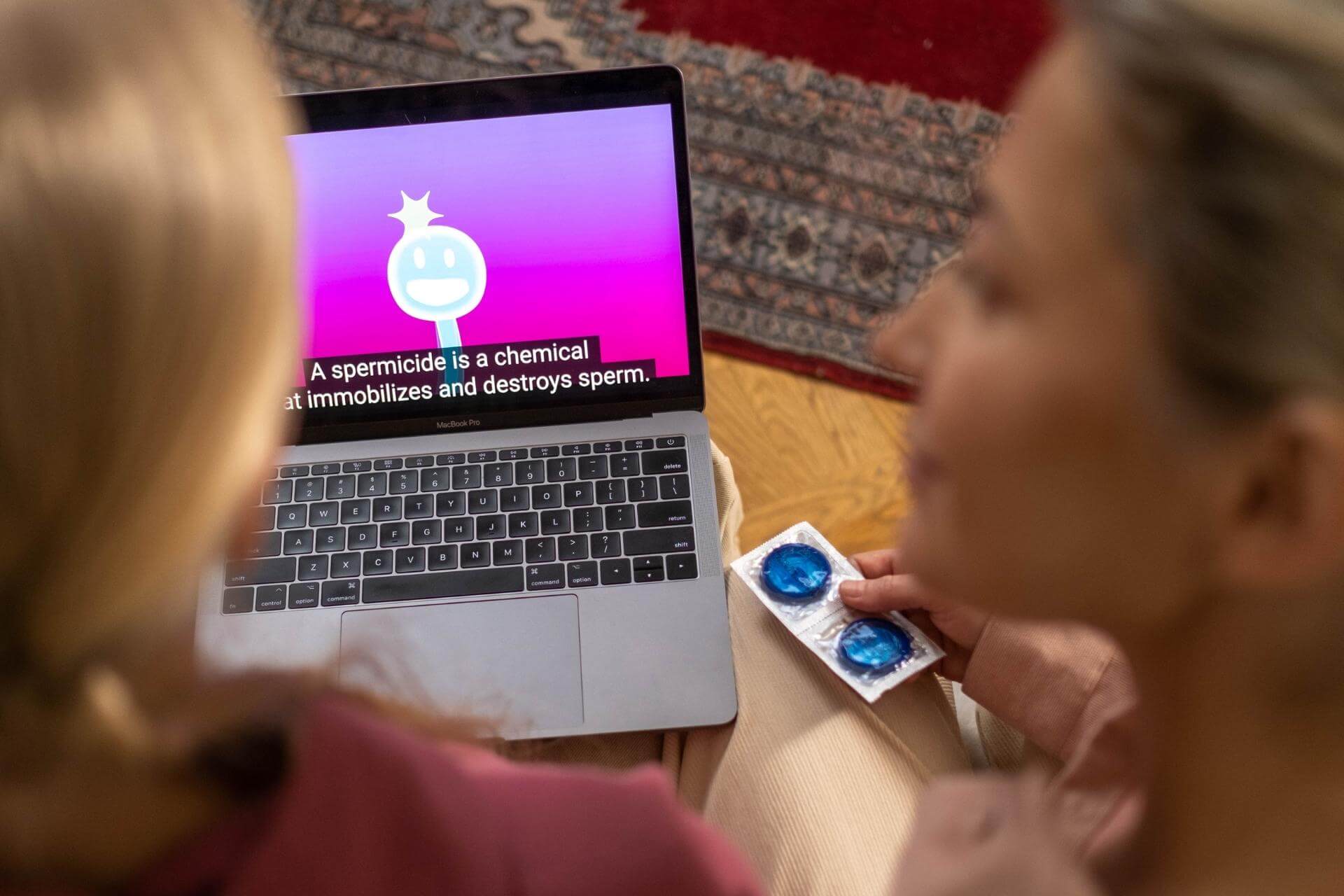
:words that translate what is said in a film into a different language and appear on the screen at the bottom. Subtitles are also used, especially on television, to help deaf people (= people who cannot hear well)
字幕、副題
▶︎【sub(下に)】+【title(題)】
Ex) I like to watch American cartoons with English subtitles.
suburb【ˈsʌbɜːrb】

:an area where people live that is outside the centre of a city
郊外
▶︎【sub(下に)】+【urb(都市)】
Ex) the suburbs of Tokyo
subconscious【ˌsʌbˈkɑːnʃəs】

:connected with feelings that influence your behaviour even though you are not aware of them
潜在意識の、意識下の
▶︎【sub(下に)】+【conscious(意識のある)】
Ex) subconscious desires
substitute【ˈsʌbstɪtuːt】

:a person or thing that you use or have instead of the one you normally use or have
補欠、代理人
▶︎【sub(下に)】+【stitute(立つ)】
Ex) They were the substitute players for this game.
subject【ˈsʌbdʒɪkt】

:a thing or person that is being discussed, described or dealt with
主題、テーマ
▶︎【sub(下に)】+【ject(投げる)】
(下に投げられたもの)
Ex) Death is a difficult subject that few people like to talk about.
submarine【ˌsʌbməˈriːn】

:ship that can travel underwater
潜水艦
▶︎【sub(下に)】+【marine(海)】
submerge【səbˈmɜːrdʒ】

:to go under the surface of water or liquid; to put something or make something go under the surface of water or liquid
沈める
▶︎【sub(下に)】+【merge(沈める)】
Ex) The town was submerged by the flood.
submit【səbˈmɪt】

:to give a document, proposal, etc. to somebody in authority so that they can study or consider it
提出する
▶︎【sub(下に)】+【mit(送る)】
Ex) I submitted the report to my boss.
subscribe【səbˈskraɪb】

:to arrange to have regular access to an electronic information service or other internet service
登録する、定期購読する
▶︎【sub(下に)】+【script(書く)】
(書類の下に名前を書く)
Ex) Please subscribe to my Youtube channel.
subsidy【ˈsʌbsədi】
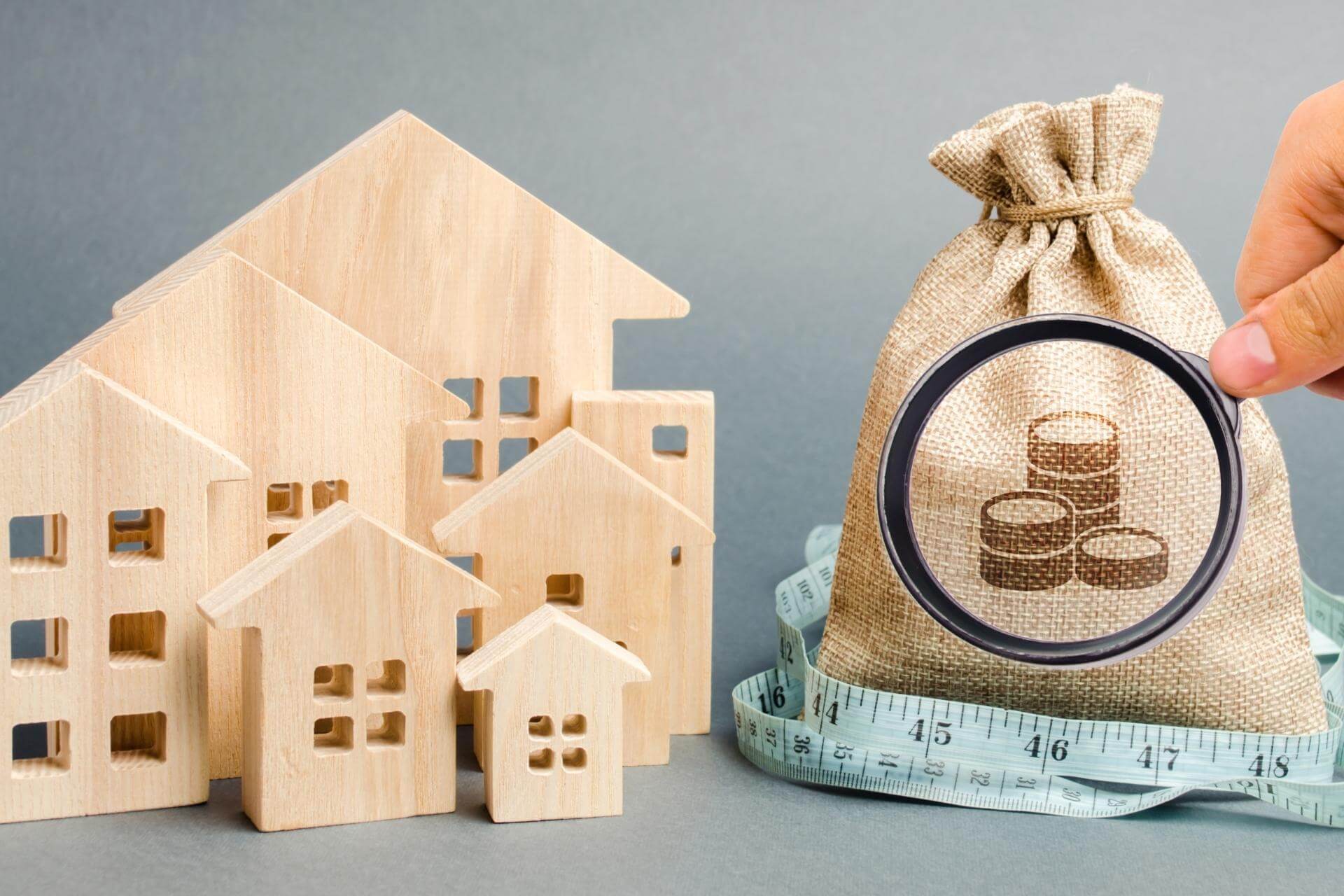
:money that is paid by a government or an organization to reduce the costs of services or of producing goods so that their prices can be kept low
補助金
▶︎【sub(下に)】+【sit(座る)】
(下で支えて座っているもの)
substance【ˈsʌbstəns】

:a type of solid, liquid or gas that has particular qualities
物質
▶︎【sub(下に)】+【stance(立つ)】
(元になっているもの)
Ex) chemical substances
subcontract【ˌsʌbˈkɑːntrækt】

:to pay a person or company to do some of the work that you have been given a contract to do
下請け契約を結ぶ
▶︎【sub(下に)】+【contract(契約する)】
Ex) The consulting firm subcontracted the task to a smaller company.
subtract【səbˈtrækt】
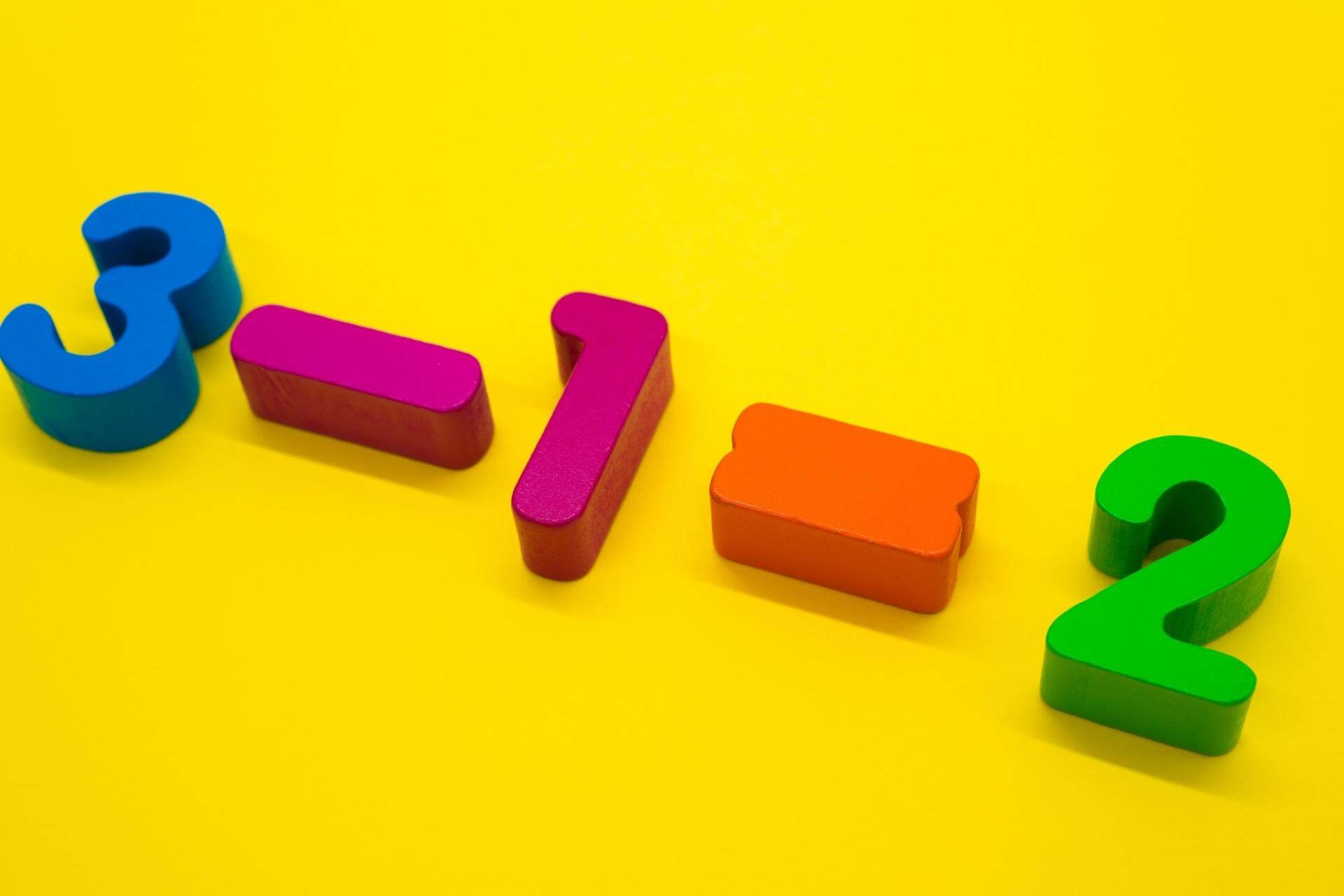
:to take a number or an amount away from another number or amount
減ずる、引く
▶︎【sub(下に)】+【tract(引く)】
(下に引き下げる)
Ex) Kids learn to subtract in elementary school.
succeed【səkˈsiːd】

:to achieve something that you have been trying to do or get; to have the result or effect that was intended
成功する、引き継ぐ、相続する
▶︎【suc(b)(下に)】+【ceed(続く)】
(下に続いていく)
suggest【səˈdʒest】

:to put forward an idea or a plan for other people to think about
提案する
▶︎【sug(b)(下に)】+【gest(伝える)】
(目立たないように、下で伝える)
Ex) He suggested several different ways of dealing with the problem.
supply【səˈplaɪ】

:an amount of something that is provided or available to be used
供給
▶︎【sup(b)(下に)】+【ply(満たす)】
(下を満たす)
Ex) We ordered a month’s supply of printer paper.
support【səˈpɔːrt】

:approval that you give to somebody/something because you want them to be successful
支え、サポート
▶︎【sup(b)(下に)】+【port(運ぶ)】
(下から運び上げる、支援する)
Ex) There is strong public support for the policy.
suppose【səˈpəʊz】

:to think or believe that something is true or possible (based on the knowledge that you have)
考える、仮定する
▶︎【sup(b)(下に)】+【pose(置く)】
Ex) Prices will go up, I suppose.
suppress【səˈpres】

:to put an end, often by force, to a group or an activity that is believed to threaten authority
鎮圧する、押さえつける
▶︎【sup(b)(下に)】+【press(押し付ける)】
Ex) The protesters were suppressed by the police.
suspect【səˈspekt】
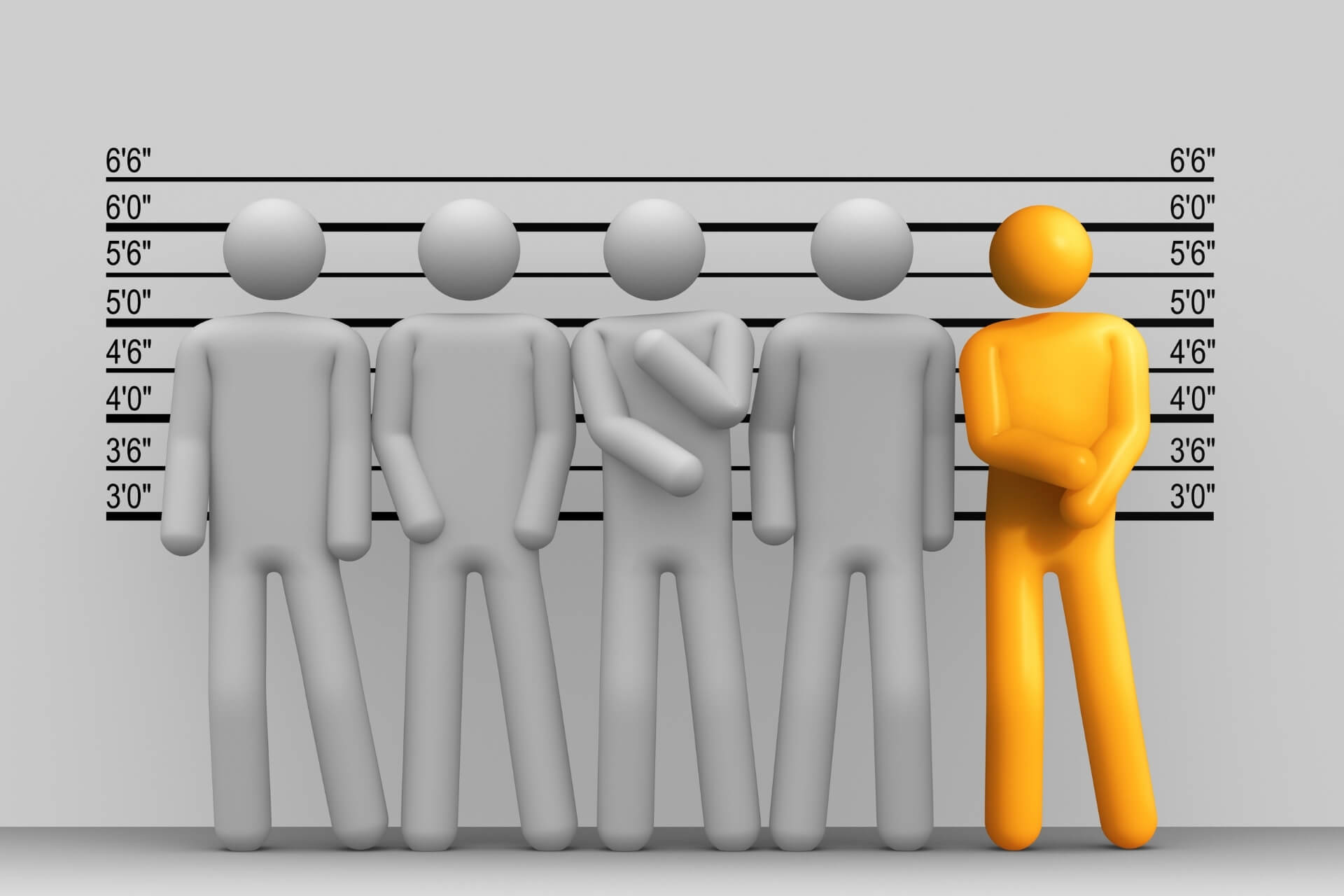
:to have an idea that something is probably true or likely to happen, especially something bad, but without having definite proof
疑う、怪しむ
▶︎【sus(下に)】+【spect(見る)】
(下から見る、疑って見る)
▶︎名詞形では「容疑者」の意味になります。
Ex) They suspect he committed the crime.
suspend【səˈspend】

:to hang something from something else
ぶら下がる
▶︎【sus(b)(下に)】+【pend(ぶら下がる)】
Ex) A lamp was suspended from the ceiling.
sustain【səˈsteɪn】

:to provide enough of what somebody/something needs in order to live or exist
維持する
▶︎【sus(b)(下に)】+【tain(保つ)】
(下で保つ)
Ex) We need sustain the environment.
sufficient【səˈfɪʃnt】

:enough for a particular purpose; as much as you need
十分な
▶︎「sub(f)(下に)」+「fic(作る)」
(下に作られている→十分な)
Ex) This plant has sufficient space to grow.
suffer【ˈsʌfər】

:to be badly affected by a disease, pain, sad feelings, a lack of something, etc.
苦しむ
▶︎「sub(f)(下に)」+「fer(運ぶ)」
(重課、苦しむを背負って運ぶ)
Ex) He suffers from arthritis.
フラッシュカードで口頭練習
絵を見て、英語が出てくる状態になったら、フラッシュカードへどうぞ。
- 絵と一緒に、発音を聞いて、何度も声に出して覚える。
- ある程度言えるようになったら、フラッシュカードにチャレンジ。



